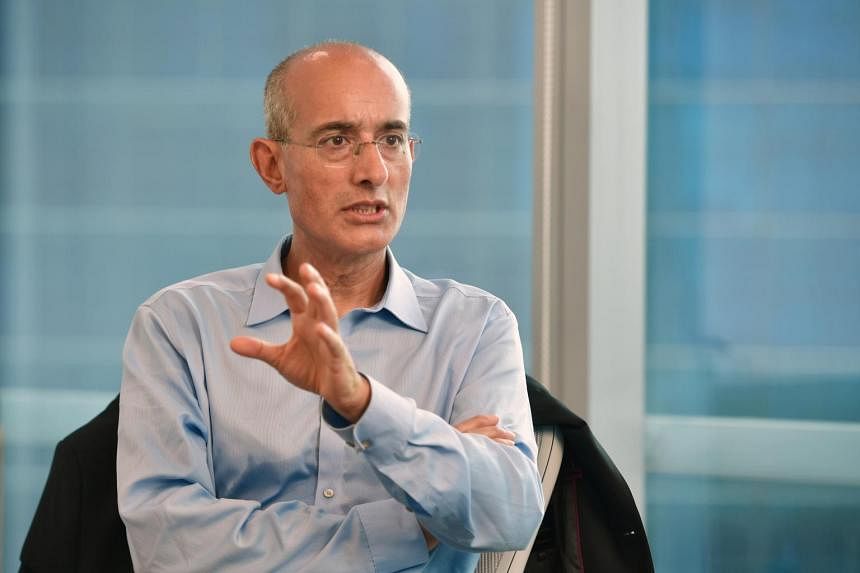South-east Asian economies are being hit by multiple shocks simultaneously - scarring from the Covid-19 pandemic, the economic slowdown in China, the war in Ukraine and global monetary tightening - which pose serious dangers, particularly for some countries in the region. New opportunities are emerging as well, but taking advantage of them calls for policy changes as well as international cooperation. That's the verdict from the World Bank's chief economist for East Asia and the Pacific, Dr Aaditya Mattoo.
"It's still too early to speak of Covid in the past tense," says Dr Mattoo, an Oxford and Cambridge-educated economist who has also served as economic counsellor at the World Trade Organisation (WTO). Covid-19 is still lingering - notably in China, where it is affecting economic activity, especially with China's zero-Covid policy, he points out. And what happens in China matters for the whole region, and the world.
Already a subscriber? Log in
Read the full story and more at $9.90/month
Get exclusive reports and insights with more than 500 subscriber-only articles every month
ST One Digital
$9.90/month
No contract
ST app access on 1 mobile device
Unlock these benefits
All subscriber-only content on ST app and straitstimes.com
Easy access any time via ST app on 1 mobile device
E-paper with 2-week archive so you won't miss out on content that matters to you


